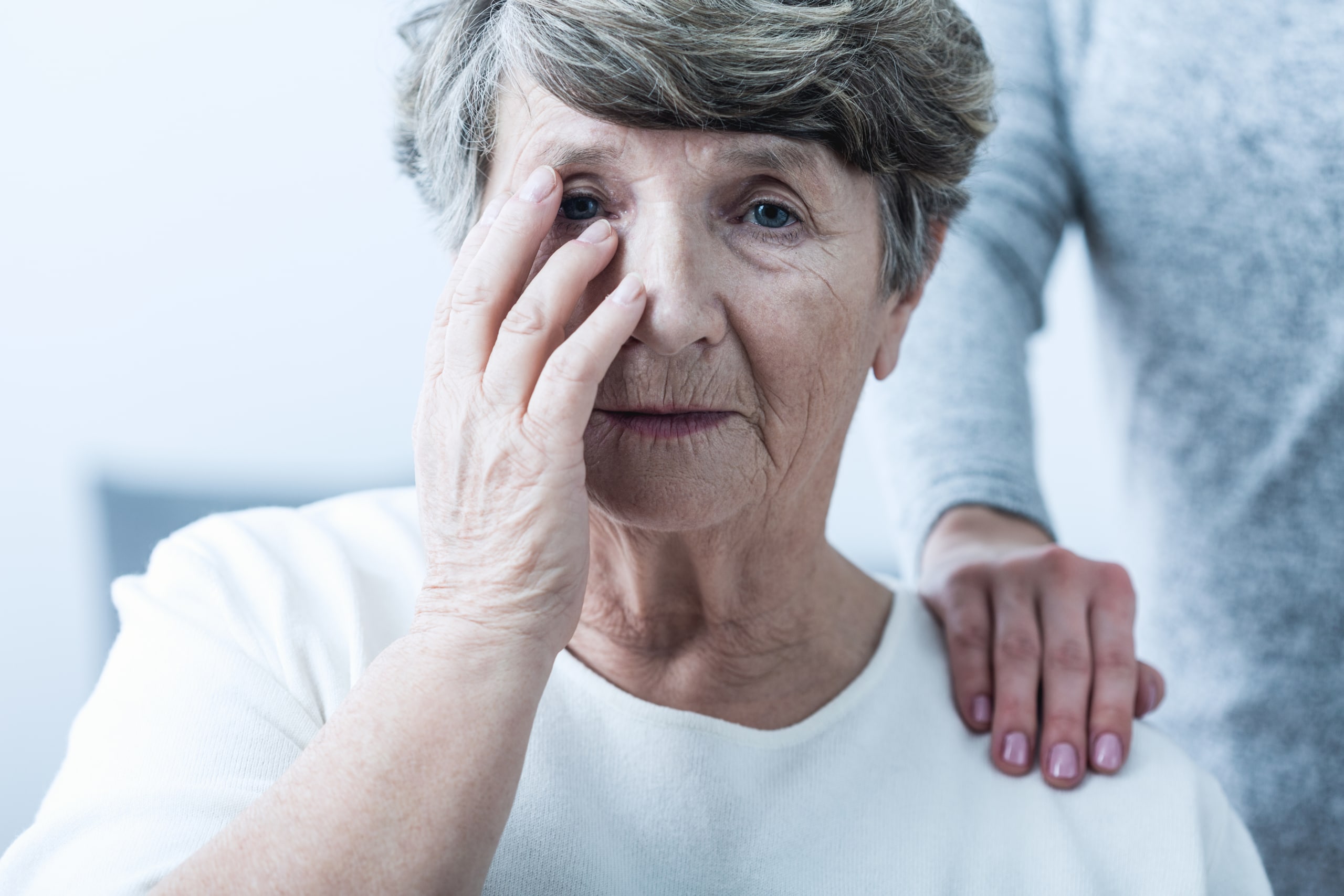Why are residents with dementia more at risk of abuse? Why are they not adequately protected by the law? Why do nursing home staff members mistreat them so often? Why does this happen in the first place, and how can it be prevented?
These are all important questions.
It is hard to answer them without first understanding what elder abuse is and why it happens.
This article will discuss these topics and provide some helpful resources for those who need legal advice or may become victims of elder abuse themselves someday.
What is elder abuse?
Elder abuse is a general term that describes the mistreatment of anyone over the age of 60. Elder abuse can take many forms, including physical violence, sexual assault, emotional abuse, and neglect.
Types of Elder Abuse
The most common types of elder abuse are physical abuse, emotional abuse, sexual abuse, financial exploitation, and neglect.
- Physical abuse is the use of force against an elderly person, which can include slapping, punching, kicking, or restraining.
- Emotional abuse is any kind of verbal attack or emotional manipulation that causes fear, humiliation, or sadness in the elderly person.
- Sexual abuse is any form of unwanted physical contact or sexual assault.
- Financial exploitation is the unauthorized taking or misuse of an elderly person’s money or property.
- Neglect is the failure to provide necessary care and assistance to an elderly person.
Signs of Elder Abuse in Dementia Patients
It can be difficult to identify elder abuse, especially if the victim has dementia. However, there are some common signs that may indicate that abuse is taking place.
These signs include physical injuries, such as bruises or scratches; emotional distress, such as depression or withdrawal from social activities; changes in financial status; and changes in living conditions, such as a sudden drop in food intake or an increase in bedsores.
Some of these signs of elder abuse can be hard to detect. The physical injuries could be caused by a dementia patient falling. Their depression could be a result of their memory loss.
Ultimately, it takes a watchful eye to determine. If you suspect that someone you love is being abused, it’s important to speak up and get help.
Who perpetrates elder abuse?
While anyone can be a perpetrator of elder abuse, it is most often committed by family members or caregivers. These people are trusted advisors and carers of the individual, so they let their guard down. They also have power and authority over the individual. They are able to isolate the victim and keep them silent while they continue the abuse.
Why do they do it? There are many reasons why caregivers might abuse their elderly charges. Some involve financial dependence on the victim, and the greedy desire to continue getting this income. It could be due to a personality disorder. Often it is due to stress, either due to being overburdened by the individual or by their role of a caregiver in its entirety.
In fact, 20% of caregivers in a U.S. study said that they fear they will become violent with a dementia patient in their care.
No matter why they are perpetrating the abuse, these people are still abusers and must be brought to justice.
Rates of Elder Abuse Among Dementia Patients
- Studies across the world have found that rates of abuse of dementia residents by caregivers ranges from 32% to 62%.
- One study confirmed that 47% of dementia patients surveyed were abused or neglected by their caregiver(s).
- 60% of caregivers have been verbally abusive toward their dementia resident
- Physical abuse seems less prevalent, with 5-10% of caregivers self-reporting that they were at one time physically abusive toward their dementia resident
- 14% of caregivers self-report having neglected their dementia resident at some point
It is vital that these perpetrators of elder abuse are held accountable for their actions. As the rates of people with dementia rise, with a projected total of 16 million dementia patients by 2050, so does the opportunity for caregivers to hide their abuse.
Why are residents with dementia more at risk of abuse?
Residents of nursing homes with dementia are at a higher risk of abuse for multiple reasons.
Primarily, they are unable to advocate for themselves. Due to their deteriorating mental health, they cannot report the abuse to their loved ones or the authorities.
When they do, they are often gaslighted by their caregiver, who assures those told that the victim is lying. The victims are left with little recourse.
Another reason dementia patients are at risk of abuse in nursing homes is due to behavior that seems uncooperative. Dementia patients can be frustrated, agitated, and even aggressive. They may wander off on their own without a clear destination in mind. Caregivers may become frustrated with this behavior and become abusive in reaction to what the individual did or as a deterrent for them repeating the behaviors.
Neglect often occurs when caregivers are overworked and do not have the time to provide the necessary care for their residents. This could be a result of the staff-to-patient ratio, lack of training, or burnout. This leaves dementia patients without essential needs, like bathing and grooming, that they need to remain healthy and comfortable.
Other patients may be able to advocate for their needs, often being able to remember when they last bathed. Dementia patients cannot.
Contact an Elder Abuse Lawyer Today
Individuals who have been the victim of elder abuse in a nursing home are encouraged to contact an elder abuse lawyer. A Florida elder abuse attorney at Lytal, Reiter, Smith, Ivey & Fronrath will help you fight for justice.
We will help ensure your loved one is treated as they deserve, so they can retain their dignity in their golden years.
We also serve the following locations:




